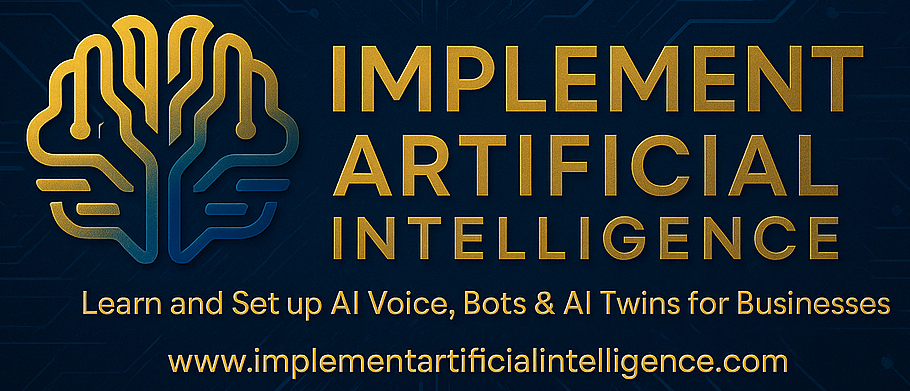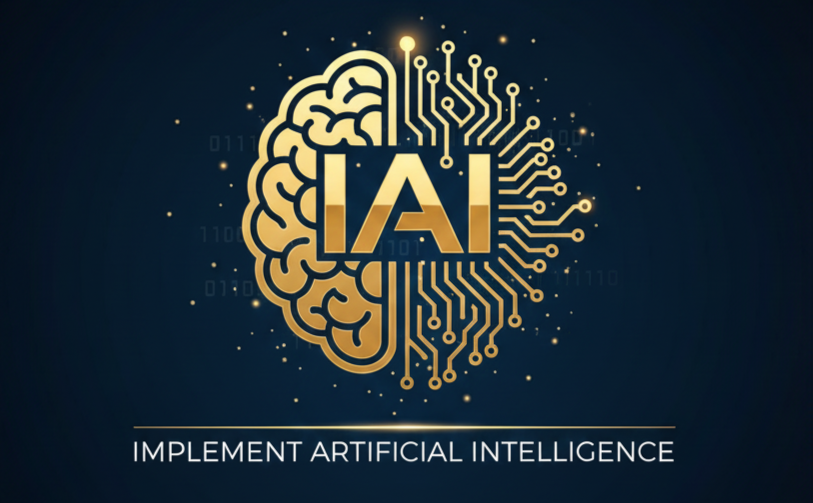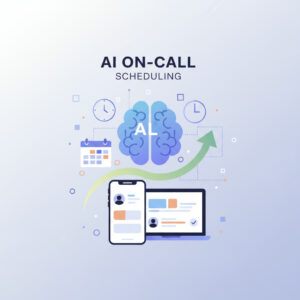In today’s rapidly evolving landscape of artificial intelligence (AI), the question of whether you need to learn to code to succeed is more pertinent than ever. Many aspiring professionals wonder if coding skills are essential to break into the AI field and find success. This blog explores various pathways to success in AI, emphasizing that coding is not the only route. With the rise of no-code and low-code platforms, it’s possible to harness the power of AI without traditional programming expertise. Whether you’re interested in launching an AI agency or implementing AI solutions within an organization, understanding your options is crucial for achieving your goals.

The Changing Landscape of AI Opportunities
The AI job market is expanding rapidly, offering a myriad of opportunities that cater to different skill levels and backgrounds. According to a report from the World Economic Forum, the demand for AI professionals has surged, and businesses are increasingly looking for diverse skills beyond just coding. The advent of no-code platforms such as Make.com and Zapier has democratized access to AI, allowing even those without a technical background to develop AI workflows and applications. This shift means that you can implement AI solutions in various industries without having to write complex code yourself.
Defining Success in AI
Before diving deeper into whether coding is necessary, it’s important to define what success looks like in the AI realm. Success can vary significantly based on individual goals. For many, it means securing a position as an AI engineer or developer, while others may aim to become freelancers or consultants. Regardless of your specific aspirations, understanding the current market demands and aligning your skills accordingly is key.
The Coding Route: Who Should Consider It?
For those passionate about technology and problem-solving, learning to code can undoubtedly open many doors. Coding skills are particularly advantageous for individuals who wish to work directly with AI models and contribute to innovative projects. Familiarity with programming languages such as Python, along with concepts like prompt engineering and machine learning, can set you apart in a competitive job market. Moreover, many organizations still require technical expertise to develop custom AI solutions tailored to their unique needs.
The No-Code Route: A Viable Alternative
On the other hand, the rise of no-code and low-code platforms has created a pathway for non-technical individuals to thrive in the AI space. These platforms empower users to build applications and automate workflows without needing extensive programming knowledge. By leveraging tools like AI bots and chat interfaces, you can create effective AI solutions that drive business results. This means that even if you don’t have a technical background, you can still contribute meaningfully to AI projects and offer valuable AI services.

Embracing a Hybrid Approach
Many experts suggest that a hybrid approach may be the most effective strategy. Understanding the basics of coding while also being proficient in no-code tools can enhance your versatility in the job market. For those who are already in the tech field, expanding your skill set to include no-code solutions can streamline your workflows and improve your project’s efficiency. This dual proficiency not only makes you a more marketable candidate but also equips you with the ability to choose the most effective tools for the job at hand.
Opportunities for Entrepreneurs in AI
If you’re considering starting your own AI agency, recognizing the diverse skill sets available can help you effectively position your business in the market. There is a growing demand for professionals who can train businesses on how to implement AI solutions effectively. By offering workshops or consulting services, you can assist companies in leveraging AI workflows to enhance their operations. Additionally, by collaborating with individuals who have coding expertise, you can create comprehensive solutions that meet client needs across various industries.
Conclusion: Find Your Path in AI
Ultimately, the pathway to success in AI does not hinge solely on coding skills. With the right mindset and a willingness to learn, there are numerous avenues to explore in this exciting field. Whether you choose to dive deep into programming or embrace no-code solutions, the opportunities are vast and varied. As the AI landscape continues to evolve, staying informed and adaptable will be crucial for anyone looking to thrive in this dynamic environment. If you’re ready to take the next step in your AI journey, consider reaching out to an AI agency or exploring resources that can guide your development. Discover how you can implement artificial intelligence effectively today!
For more insights on how to navigate the world of AI, visit Implement Artificial Intelligence.


